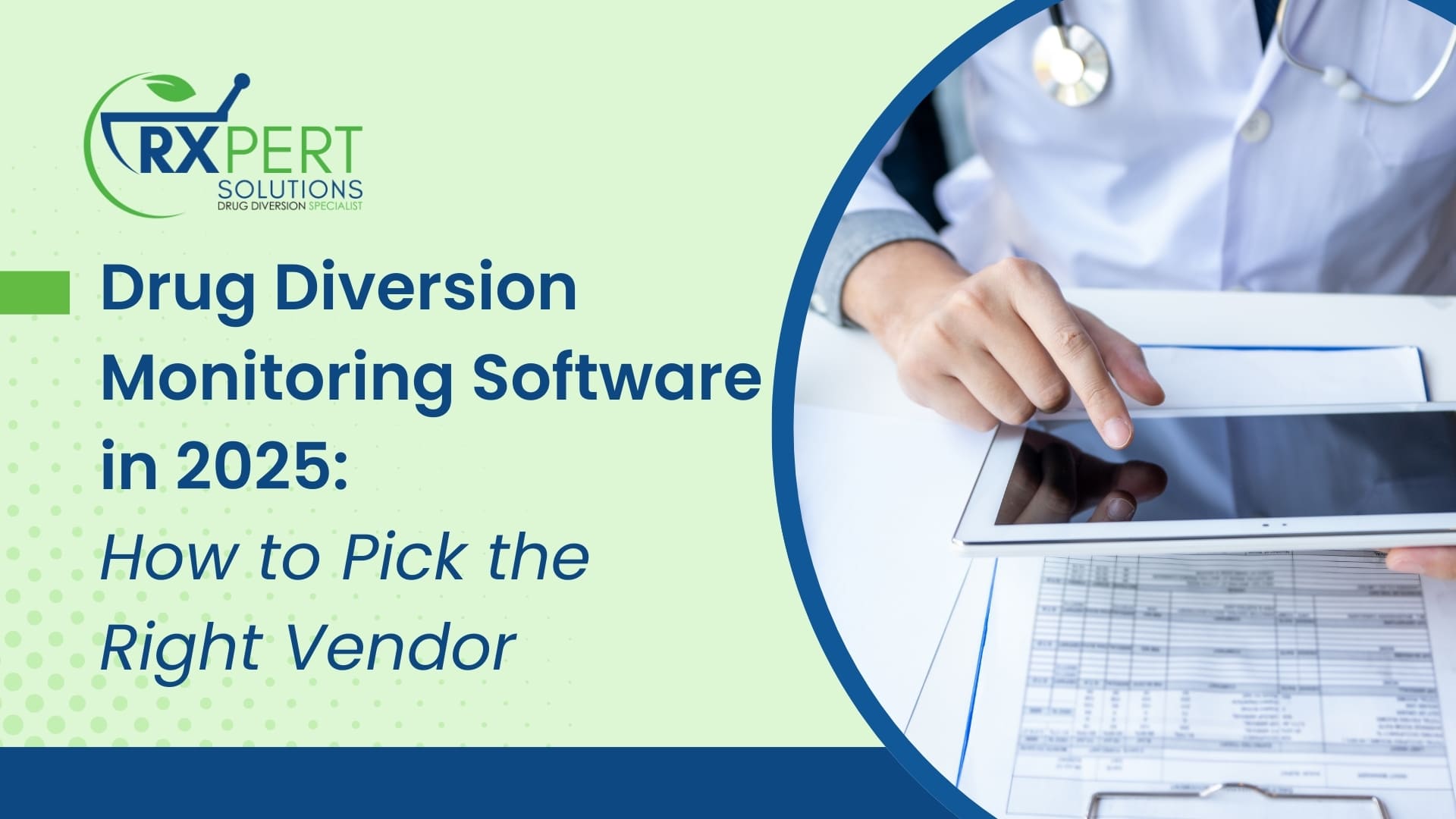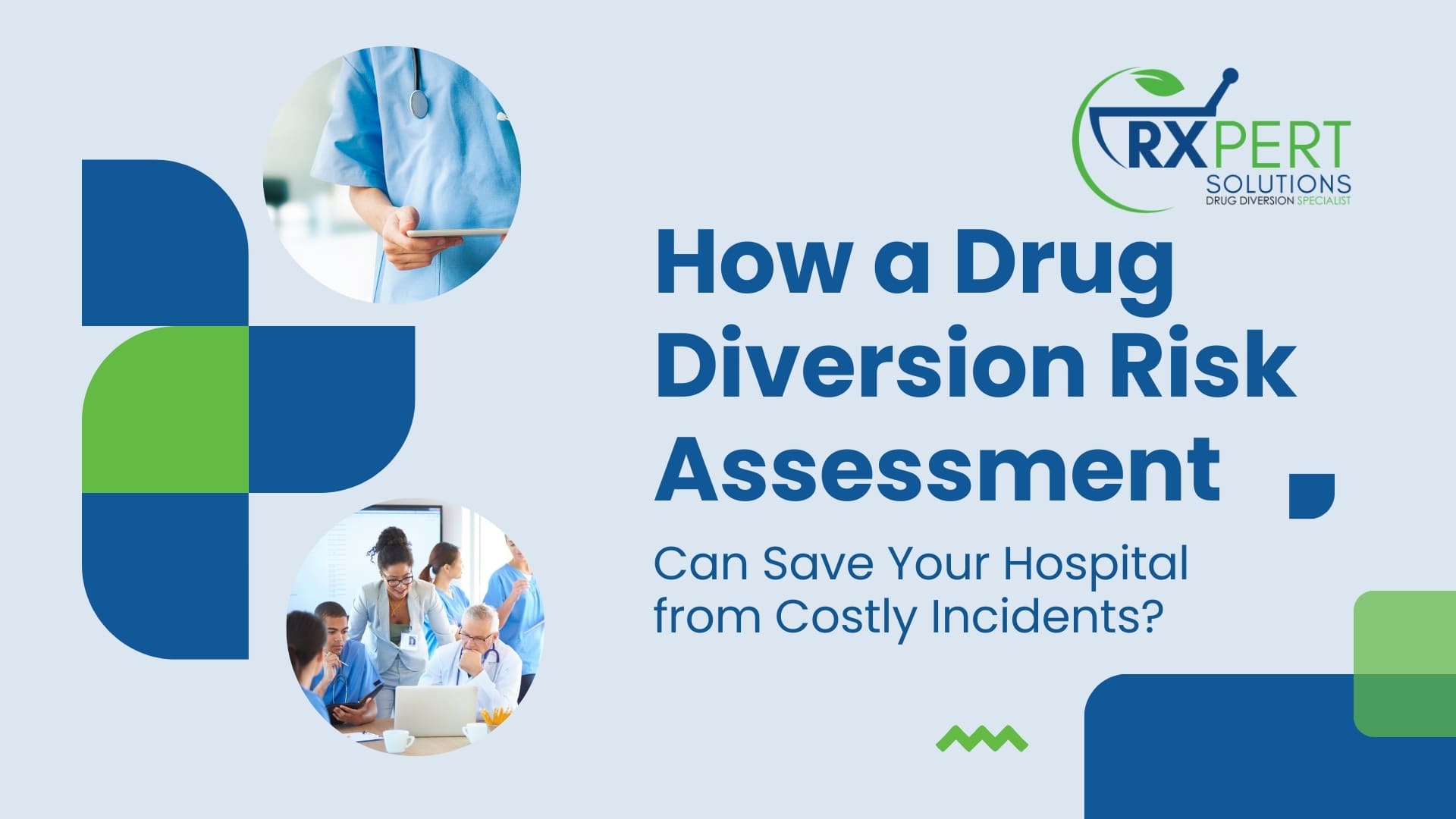Last week’s blog posed the question “Is your medication safety program effective?”. There is a lot that goes into making a medication safety program effective, and a productive MSC meeting is one of them. In today’s blog, I am sharing with you changes that transformed a stale MSC meeting into an engaging meeting. It generated feedback that indicated the members now saw value in the meeting as opposed to seeing it as “just another meeting” that took an hour from their lives.
- The agenda was restructured to have follow up items addressed at the beginning of each meeting. Previously, the follow up items were left until the end of the meeting, and as a result, were not seeing much movement regarding completion. If a discussion is important enough to generate the need for follow up action, it is typically essential to a meaningful safety improvement, so we need to give these topics priority.
- Accountability of the members is essential. If there are items that require follow up, remind the tasked individual the item will be on the agenda and the expectation is for them to update the committee on progress. This goes hand in hand with moving follow up items to the beginning of the agenda. It shows the members there is priority placed on their follow up.
- Incorporate more meaningful technology data to the standing agenda. Evaluate what data is currently presented. Does it provide meaningful insight into safety? Does the committee do anything with the data? Presenting pump data or barcode scanning percentage data without a deeper look at where improvements can be made are not meaningful. Presenting data indicating poor compliance with no specific plans to improve accountability has no value.
- Reviewing reported medication errors are a required agenda item. Look at how those are being reviewed and consider an alternative structure if that review is not resulting in meaningful safety improvements. Is the current review process too broad, preventing process issues from being identified? Is it too detailed, resulting in a lot of review that is simply wasting the committee’s time?
- Lastly, is your MERP plan a living document? More on that next week.
A committee is a group that keeps minutes and loses hours. — Milton Berle





